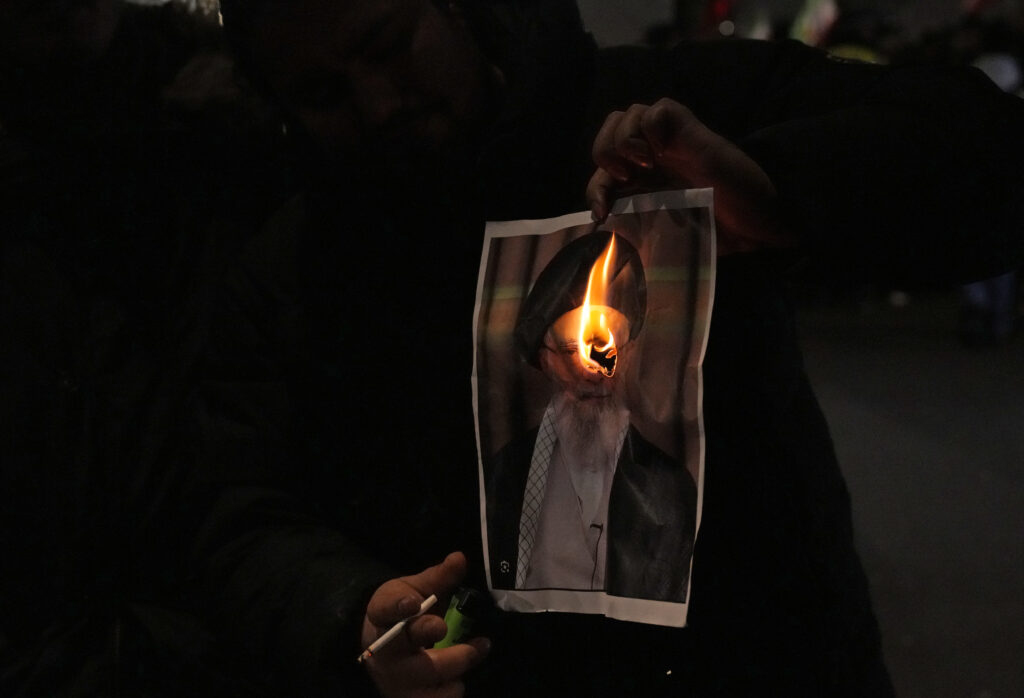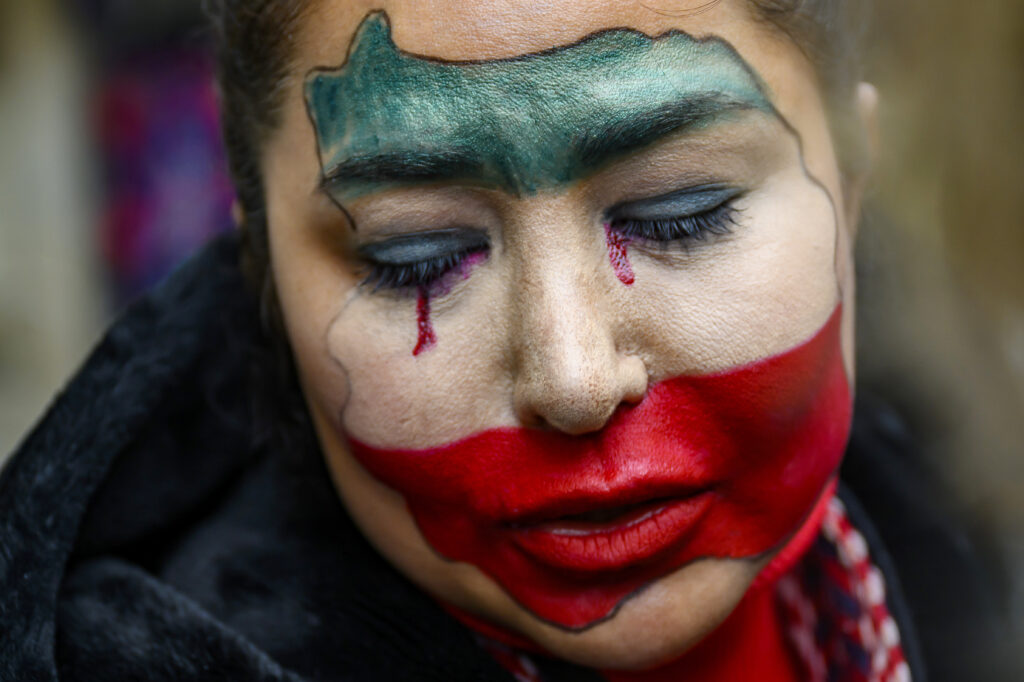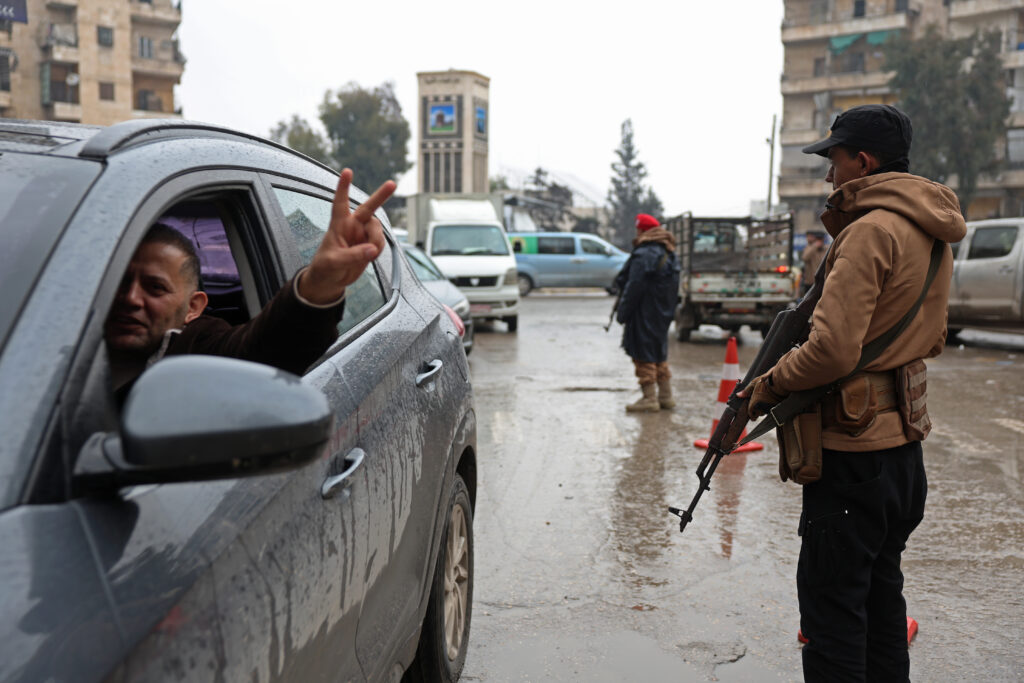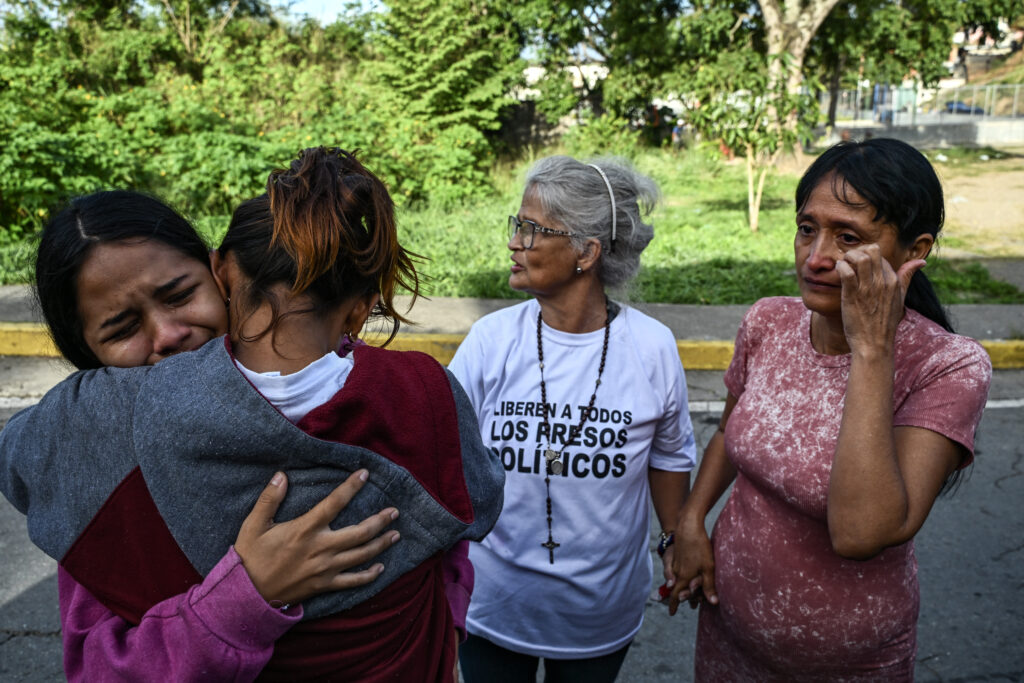Coupe d’Angleterre: Manchester United éliminé, Arsenal sans difficulté
La saison morose de Manchester United a connu un nouvel accroc avec l’élimination en Coupe d’Angleterre à domicile contre Brighton (2-1), dimanche, quelques heures après la qualification aisée d’Arsenal pour les 16es de finale.Les “Red Devils” n’ont plus d’entraîneur attitré depuis le limogeage de Ruben Amorim et ils n’ont plus de coupes nationales à jouer non plus. Ils étaient déjà tombés en coupe de la Ligue contre Grimsby, une équipe de quatrième division, en début de saison.L’actuel septième de Premier League n’a donc plus que le championnat puisqu’il n’est qualifié pour aucune compétition européenne cette saison.Chez eux à Old Trafford, les Mancuniens ont été menés de deux buts avant la réduction du score, tardive et insuffisante, de Benjamin Sesko (85e, 2-1). Ils ont fini à dix après l’expulsion du jeune Shea Lacey (89e).Ils n’ont gagné qu’un seul de leurs sept derniers matches (contre deux défaites et quatre matches nuls), toutes compétitions confondues.Arsenal, avec un effectif très largement remanié, s’est lui qualifié sans difficulté en battant Portsmouth (D2) 4 à 1, avec un triplé de Gabriel Martinelli.Le leader de Premier League, qui s’est passé au coup d’envoi d’une dizaine de titulaires, s’est fait une toute petite frayeur en encaissant le premier but par Colby Bishop, à l’affût d’un ballon mal repoussé par Kepa Arrizabalaga (3e).Mais face au 21e de Championship, les “Gunners” ont rapidement réagi, en se montrant efficace sur corner, leur spécialité. Après un but contre son camp à la 8e, Martinelli a donné l’avantage aux siens d’une reprise de la tête à la 25e. Il a ensuite aggravé le score en deuxième période, sur un centre de Gabriel Jesus (3-1, 51e) et à nouveau de la tête consécutivement à un corner (4-1, 72e).A noter que le milieu international allemand Kai Havertz, de retour d’une blessure à un genou, est entré en jeu après l’heure de jeu, ses premières minutes sur le terrain depuis le mois d’août.DimancheDerby County (D2) – (+) Leeds United 1 – 3Portsmouth (D2) – (+) Arsenal 1 – 4Swansea (D2) – (+) West Brom (D2) 2 – 2 t.a.b (6-5)(+) Hull (D2) – Blackburn (D2) 0 – 0, t.a.b. (4-3)(+) West Ham – Queens Park Rangers (D2) 2 – 1 a.p.Norwich City (D2) – Walsall (D4) 5 – 1Sheffield United (D2) – Mansfield Town (D3) 3 – 4(+) Manchester United – Brighton 1 – 2Lundi Liverpool – Barnsley (D3)Déjà joués (principaux résultats)Vendredi(+) Wrexham (D2) (WAL) – Nottingham Forest (ENG) 3 – 3 t.a.b. (4-3)SamediEverton – (+) Sunderland 1 – 1 t.a.b. (0-3)(+) Wolverhampton – Shrewsbury Town (D4) 6 – 1(+) Macclesfield FC (D6) – Crystal Palace 2 – 1(+) Manchester City – Exeter City (D3) 10 – 1Sheffield W. (D2) – (+) Brentford 0 – 2(+) Fulham – Middlesbrough (D2) 3 – 1(+) Newcastle – Bournemouth 3 – 3 t.a.b. (7-6)(+) Burnley – Millwall (D2) 5 – 1Tottenham – (+) Aston Villa 1 – 2Charlton (D2) – (+) Chelsea 1 – 5








